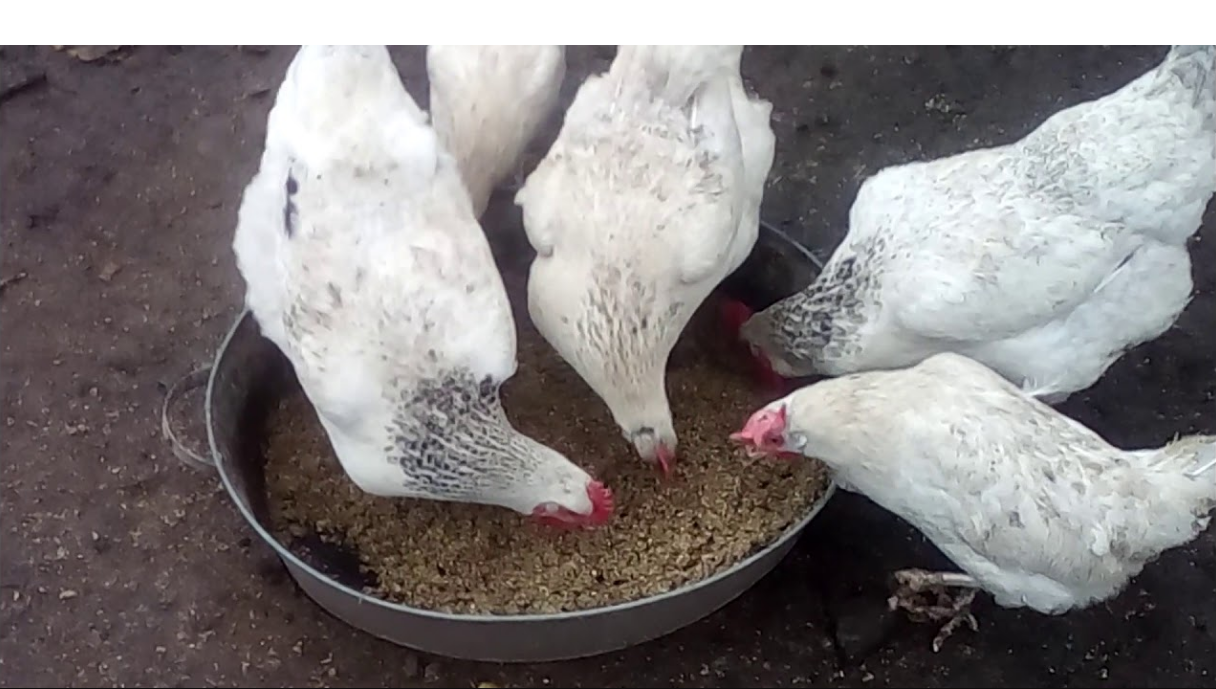Raising healthy poultry requires a clear understanding of their nutritional needs, and one common question among farmers and backyard keepers is what types of food does the master grey chicken eat. Known for their impressive size, rapid growth, and excellent meat production, Master Grey chickens thrive on a balanced and nutrient-rich diet. In this article, we will explore what types of food does the master grey chicken eat, how to optimize their feeding schedule, and what ingredients ensure proper growth and productivity.
Understanding the Master Grey Chicken Breed
Before discussing what types of food does the master grey chicken eat, it’s important to understand the breed itself. The Master Grey chicken is a hybrid bird developed for dual-purpose use, meaning it is suitable for both meat and egg production. These birds are known for their hardiness, fast growth rate, and excellent adaptability to different climates. Their balanced diet directly affects their health, immunity, and productivity, making proper feeding a critical factor in successful poultry farming.
Also, explore Denver Broncos Vs Seahawks Match Player Stats — Complete Game Review And Breakdown
What Types of Food Does the Master Grey Chicken Eat for Growth and Health
The Master Grey chicken requires a combination of grains, proteins, vitamins, and minerals to maintain good health. Below are the main food categories that should be included in their daily diet.
1. Grains and Carbohydrates
The base of any chicken’s diet is grain. When considering what types of food does the master grey chicken eat, grains like corn, wheat, barley, and oats are essential sources of energy. These ingredients help the chickens stay active, gain weight efficiently, and lay healthy eggs. Cracked corn is especially popular for providing the necessary carbohydrates to sustain their energy levels throughout the day.
2. Protein-Rich Feed
Protein is vital for muscle development and feather growth. The best protein sources for Master Grey chickens include soybean meal, fish meal, sunflower cake, and legumes. When focusing on what types of food does the master grey chicken eat, remember that young chicks need higher protein content (around 20-22%) to support early growth, while adult birds can thrive with 16-18% protein feed.
3. Greens and Vegetables
Fresh vegetables and green leaves play an important role in the diet. Foods such as spinach, lettuce, cabbage, and carrot peels provide natural vitamins and minerals. Adding greens also improves digestion and boosts egg quality. Farmers often grow alfalfa or provide kitchen vegetable waste to supplement their diet.
4. Calcium and Mineral Supplements
For strong eggshells and healthy bone development, Master Grey hens need extra calcium. Crushed oyster shells, limestone powder, and bone meal are great additions to their feed. Supplements like vitamin D3 help improve calcium absorption, which is essential for laying hens.
5. Fresh Water and Hygiene
While discussing what types of food does the master grey chicken eat, it’s equally important to emphasize clean water. Constant access to fresh water supports digestion, nutrient absorption, and body temperature regulation. Dirty or contaminated water can lead to infections and reduce productivity.
Feeding Schedule for Master Grey Chickens
The feeding routine also plays a key role in the breed’s performance. Chicks should be fed four to five times daily, while adults can be fed two to three times per day. Morning feeding should include grains, while afternoon and evening meals can consist of protein and greens. Consistency in feeding time keeps the flock active and healthy.
Common Feeding Mistakes to Avoid
When deciding what types of food does the master grey chicken eat, avoid overfeeding or using low-quality ingredients. Too many grains without enough protein can cause obesity, while moldy or spoiled feed may lead to digestive diseases. Farmers should also avoid giving leftover salty or fried human food, as it can harm their liver and kidneys.
Additional Feeding Tips
- Always store feed in a cool, dry place to prevent spoilage.
- Include grit (small stones) in the diet to aid digestion.
- Observe feeding behavior daily to spot early signs of illness.
- Adjust nutrition levels based on age and purpose (meat or eggs).
Conclusion
In summary, understanding what types of food does the master grey chicken eat is vital for ensuring optimal health, fast growth, and high egg production. A diet rich in grains, proteins, greens, and minerals supports their overall performance and strengthens their immune system. By providing clean water, maintaining a regular feeding schedule, and avoiding poor-quality feed, farmers can raise robust and productive Master Grey chickens that thrive in various conditions.
FAQs
1. What types of food does the master grey chicken eat daily?
The Master Grey chicken eats a mix of grains, protein sources, vegetables, and mineral supplements daily for balanced nutrition.
2. Can Master Grey chickens eat kitchen scraps?
Yes, but only healthy leftovers like vegetables, grains, and fruit peels. Avoid salty or greasy food.
3. What protein sources are best for Master Grey chickens?
Ideal options include soybean meal, fish meal, worms, and legumes, all essential for muscle development.
4. How often should I feed my Master Grey chickens?
Feed chicks four to five times a day and adult chickens two to three times daily, maintaining a consistent schedule.
5. Why is calcium important in the Master Grey chicken diet?
Calcium strengthens bones and improves eggshell quality, especially for laying hens. Sources include oyster shells and bone meal.


